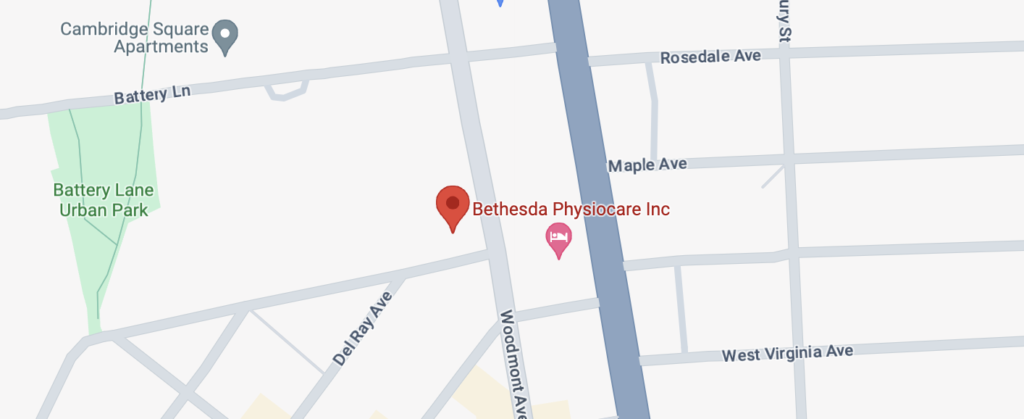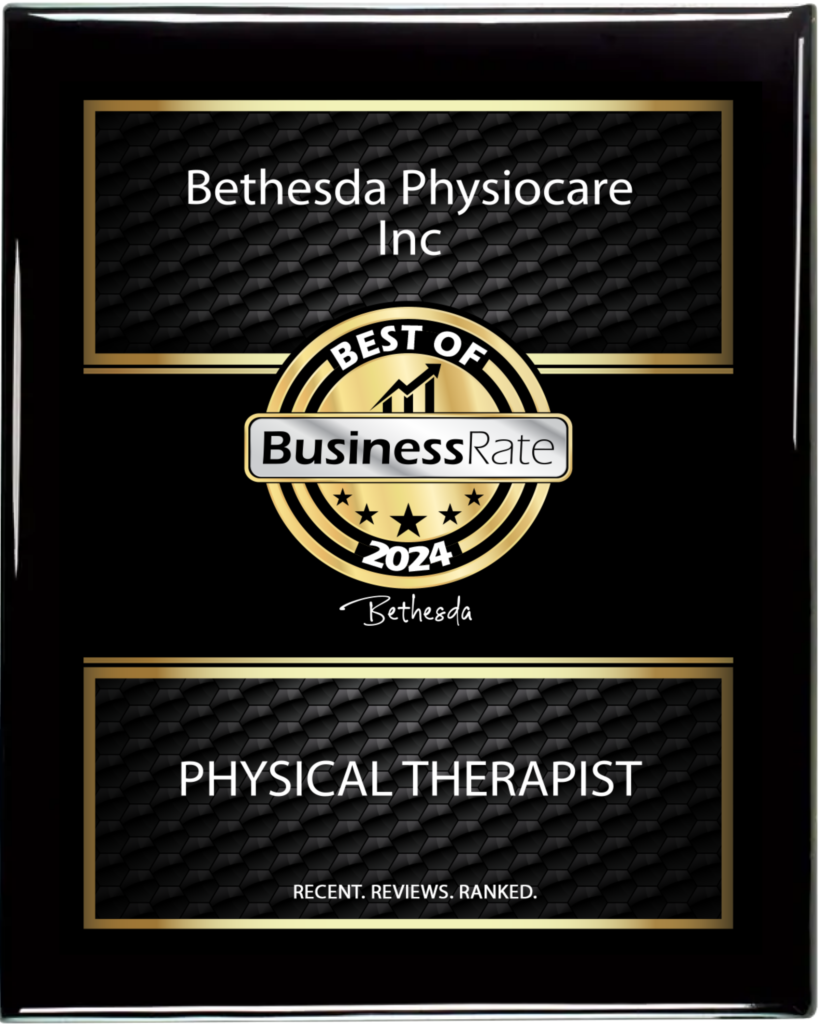 Those who are diagnosed with pelvic floor myalgia experience difficulty in controlling the muscles that lie on the pelvic floor. This condition can ultimately lead to many other issues with one’s physical health. It is ideal to have this condition treated to prevent further discomfort and address many modifiable symptoms of pain, sexual function, and bowel/bladder health.
Those who are diagnosed with pelvic floor myalgia experience difficulty in controlling the muscles that lie on the pelvic floor. This condition can ultimately lead to many other issues with one’s physical health. It is ideal to have this condition treated to prevent further discomfort and address many modifiable symptoms of pain, sexual function, and bowel/bladder health.
If you or a loved one require treatment for pelvic floor myalgia, Bethesda Physicocare in Bethesda, Maryland, can help. Contact us online or call (301) 656-5613 to learn more about our services.
Causes
While research is still being done, this condition is linked to several other conditions or events that weaken the pelvic muscles, including but not limited to the following:
- Childbirth
- Traumatic injury to the pelvic region
- Abdominal Surgery
- Pelvic surgery
- Nerve damage
Symptoms
If you are experiencing symptoms of pelvic floor myalgia it is important to let a doctor know immediately. Some symptoms include:
- Urinary issues (painful urination or urge to urinate)
- Constipation or bowel strains
- Lower back pain
- Pain in the pelvic region
- Discomfort during sexual intercourse
- Pressure in the pelvic region
- Muscle spasms in the pelvis
Treatment
There are many ways that pelvic floor tension myalgia can be treated. If you are diagnosed, a doctor will follow up with you to discuss the best methods of treatment. It is important to note that Kegel exercises or similar techniques that require you to contract the muscles may not always help in this condition. It is necessary for a trained physical therapist to assess the muscles and determine what treatment plan is necessary.
Medication
A professional can prescribe a muscle relaxant to help mitigate the symptoms of pelvic floor tension, myalgia, dysfunction, or any pain. These medications may help prevent the muscles from contracting. However, trigger points in the muscles are a local phenomenon to that area and may not respond to muscle relaxers. In that case, pelvic floor physical therapy is recommended.
Self-Care
A professional may also recommend that you practice certain methods of self-care in order to ease strain or pressure on the pelvic region. To avoid and reduce strain on the pelvic floor muscles, it is important to avoid pushing or straining when using the bathroom.
Relaxation Techniques
Techniques such as yoga or stretching can help relax the pelvic floor muscles. Even whole-body relaxation can help, as it is often used in conjunction with pelvic floor relaxation. The technique involves progressive relaxation of the body’s muscles ranging from the face and neck down to the feet.
Diaphragmatic Breathing
The diaphragmatic breathing method involves slow and deep breathing in and out from the belly as opposed to breathing from the chest. Very similar to yoga and other techniques, diaphragmatic breathing is very important when releasing strain from the pelvic floor muscles.
Applying Heat
Applying heat with a heating pad or taking a warm bath can ease and soothe the muscles in the pelvis. You can use a heating pad on mild settings over clothes over the pelvic floor. It is recommended to leave the pad for 15 to 20 minutes at a time. The position to use the pad is lying down with a pillow under both knees.
Physiotherapy
A trained specialist can provide specific methods to promote pelvic floor relaxation. Therapy techniques may include:
- Desensitizing painful areas using physical touch
- Massage
- Pelvic floor stretches
- Progressive strengthening
- Biofeedback instruments
- Postural re-education
- Dry Needling
- Treating coexisting conditions such as problems with pelvic joints, tailbone, or lower back problems
Surgery
A doctor will always start treatment by recommending the least invasive methods, but surgery may be necessary in certain conditions. A proper evaluation with a physical therapist can help assist the decision making process of whether or not surgery is necessary.
Get the Treatment You Need with the Professionals at Bethesda Physiocare
No one should have to endure pain from conditions such as pelvic floor tension myalgia. If you are ready to treat your body with the right method of care, our physical therapists can help. Contact us online or call (301) 656-5613 to learn more about how we can help you.



